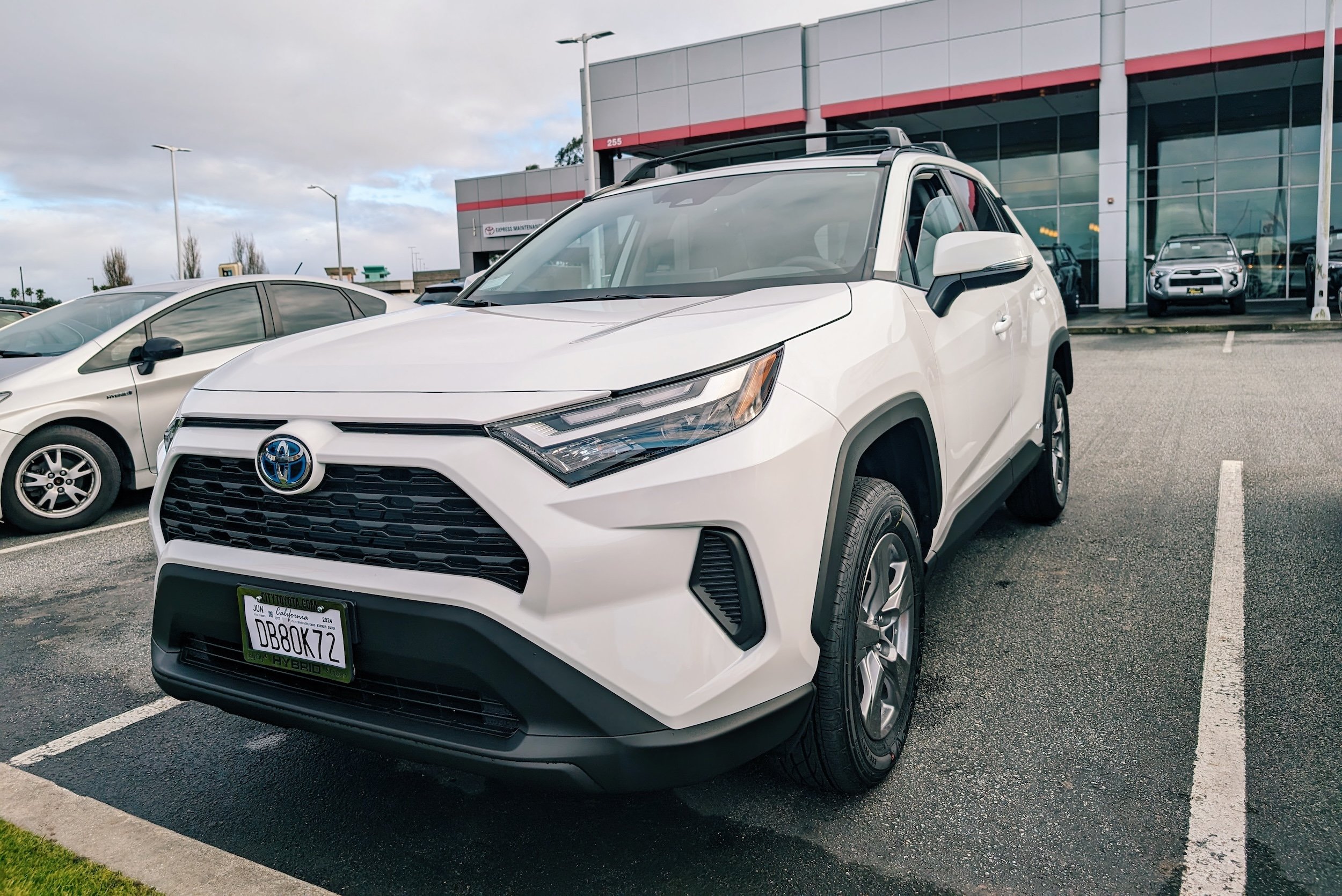The only thing I bought from last week’s Amazon Big Deal days is a scale. Not for food, but to check my body weight. I’ve been lifting weights consistently for about a year now, and I was curious to see if I’d gotten any heavier. Muscle weights more than fat, I’ve been told.
And drum roll please, since last October I’ve gained a grand total of two pounds. I’ve certainly gotten stronger compared to last year, but I guess I am not eating at an enough surplus to gain lots of weight. The laws of thermodynamics cannot be violated: burn more calories than you take in, you lose weight. Intake more calories than you burn, you gain weight. It seems I’m barely above maintenance.
Sugary foods doesn’t necessarily make one fat. If I give you only one sugar cube to eat everyday - and nothing else - you’re going to be skin on bones in a few weeks’ time. The problem with sugar is that it tends to be part of calorically dense foods. Think ice cream, or a can of non-diet soda. Therefore it’s super easy to overeat. Halloween is coming up soon. Parents ought to look up just how much calorie those tiny pieces of candy contain.
If I want to built muscle mass quickly, I have simply must eat more. But, I am okay with this two pound per year pace, honestly. Besides, the point of strength training for me isn’t hypertrophy: it’s for longevity. I want to be mobile and able as late into my twilight years as possible. There’s also correlation between small body mass and lifespan. Think of the people in Okinawa.
Getting too big is also cumbersome for flying. I’m always envious of tiny Asian women, where economy seating might as well be business class for them.
My exercise goal is to be as strong as possible for my current leanness.
The lazy streets so undemanding.
